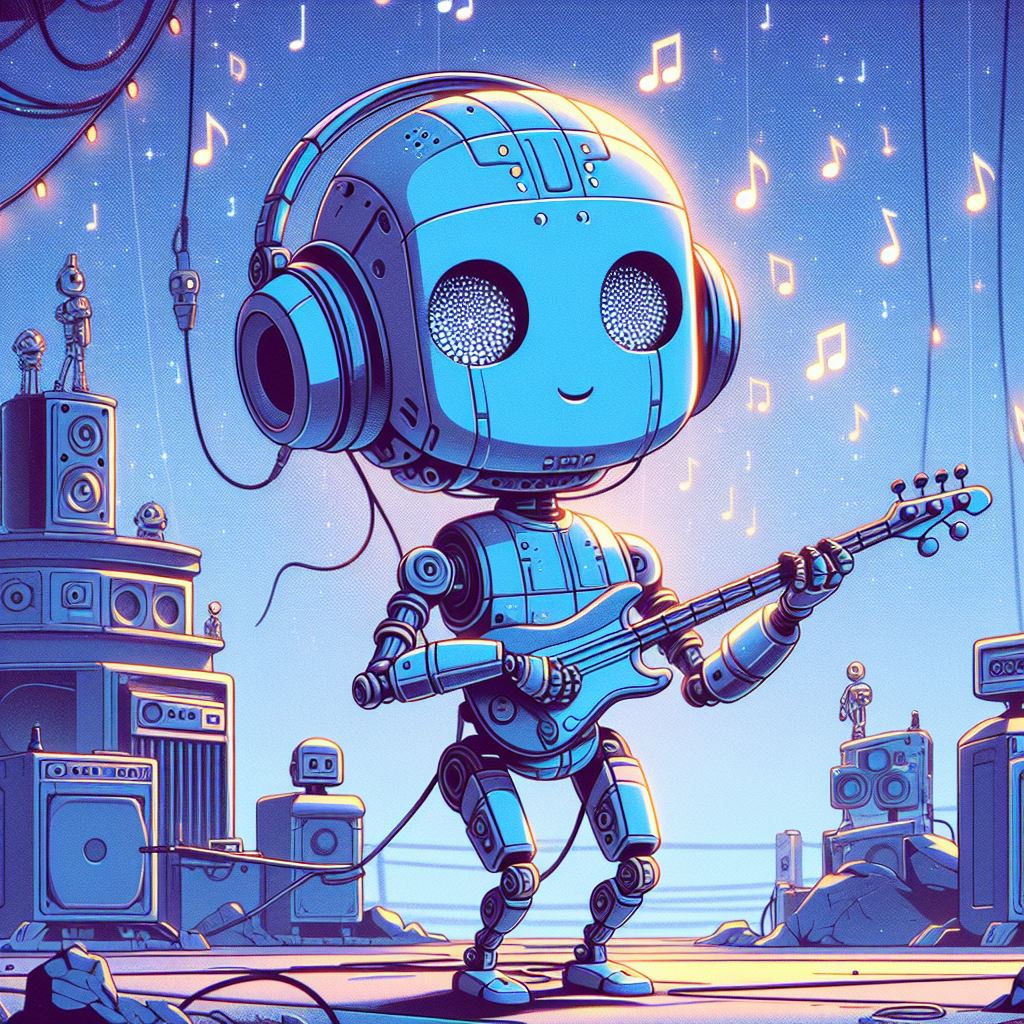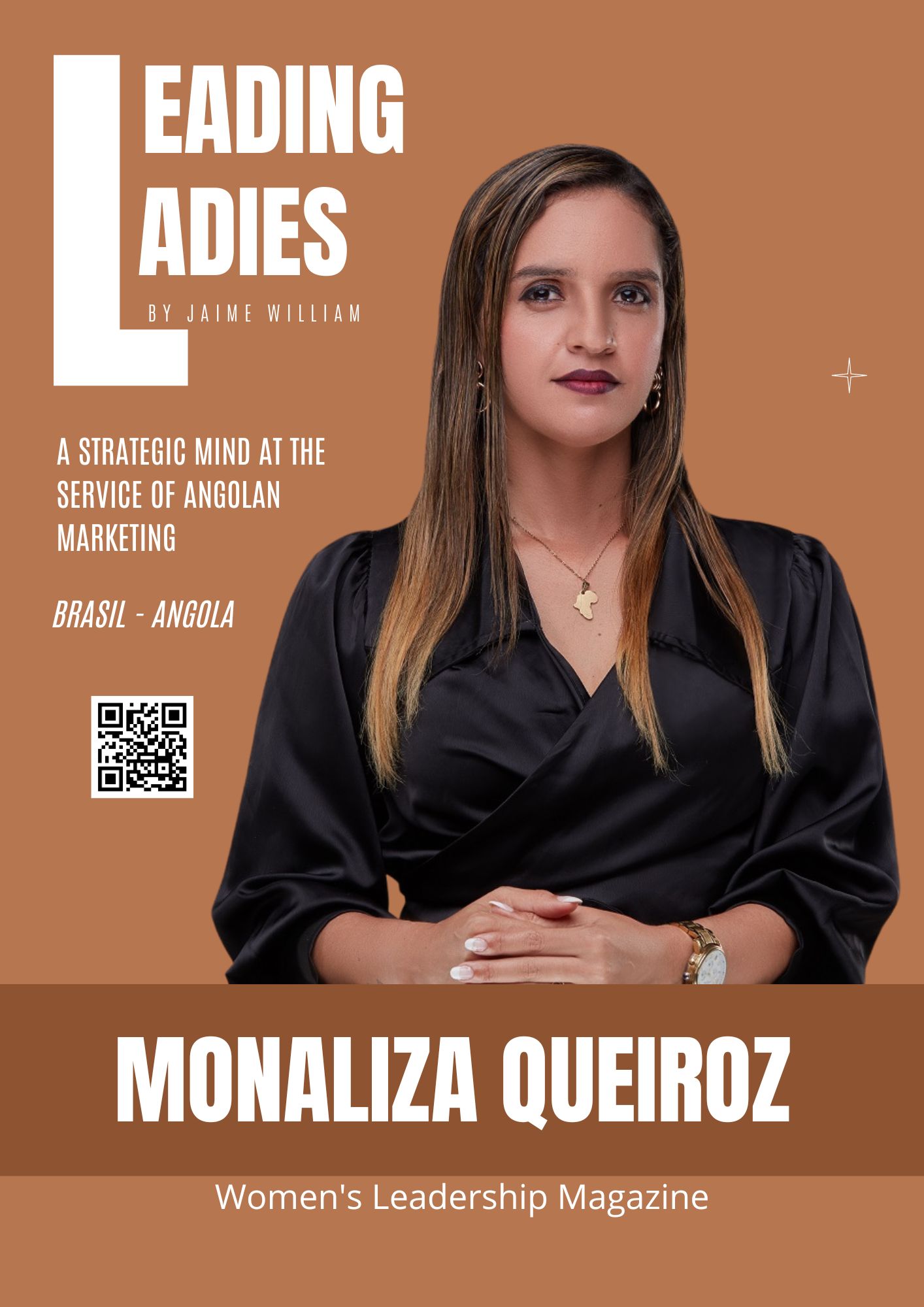
The Future of the Music Industry with Artificial Intelligence
The song Heart on My Sleeve by Drake and The Weeknd quickly went viral on social media and garnered millions of plays on music apps. But then came the scandal, because it was not recorded or produced by them, looking to turn the industry upside down, a user created it entirely by an artificial intelligence, generating for many the beginning of a new musical revolution.
But this is not the first time it happens, because the use of this controversial technology in the music world, with models such as ChatGPT or Discord, has been happening for some time, as a deep fake of Rihanna singing Cafet by Beyoncé, Kanye West singing the acoustic ballad Hey There by Laila, the same West with Drake singing WAP by Cardi B and Megan Thee Stallion, and even a group of producers and composers released the album U-Top AI, by rapper Travis Scott and other artists.
Apparently the war between record labels and artificial intelligence has begun, and it is that the voice is not copyrighted, so the possibility that anyone can create songs using synthesized voices of artists under contract has alerted record labels, such as Universal Music Group, which asked streaming companies to prevent access of AI models to their libraries to prevent them from using copyrighted material in their training, and together with Warner Music initiated legal action to prevent the distribution of this content in music platforms.
And what do musicians say?
Some people look favorably on it, such as singer Grimes, who posted a tweet indicating that she didn’t think it was wrong for someone to generate new songs with her voice using AI, but she did make it clear that she wanted her share of the revenue.
French DJ David Guetta, used the website uberduck.ai to imitate Eminem’s voice and add it to one of his songs. For him, the future of music lies in this technology, but always as a tool, because nothing replaces the specific taste of the artist. And for Peter Gabriel, machines will be able to do most jobs in the next decade, so musicians should begin to accept it. Others see it as a risk, such as a coalition of musicians and artists at the National Academy of Recording Arts and Sciences and its Human Art Campaign, aiming to ensure that artificial intelligence doesn’t erode human creativity.
Nick Cave, does not like the idea of machines replacing the work of songwriters and artists, being to him a ridiculous mockery of what it means to be human.
As for the platforms Spotify, TikTok, Deezer and Tidal, they have taken a stand against the production of this type of music. Although, for how long?
This is very similar to what happened with image-generative artificial intelligences, such as StableDiffusion, which was sued by Getty for training its model with copyrighted images, claiming that they used them as inspiration. But in the case of voices it is different, because their use falls within the public domain.
A precedent of legal use of AI in music occurred in 2021 with the album Lost Tapes of the 27 Club, which features four new songs by Kurt Cobain, Jimi Hendrix, Amy Winehouse and Jim Morrison, despite the fact that they have been dead for years.
Produced by the Canadian NGO Over the Bridge, seeking to raise awareness about mental health problems among musicians, they used Magenta, the open source artificial intelligence tool created by Google, to compose them, one of their concerns being not to fall into possible infringements for plagiarism.
Undoubtedly, the fear of computers replacing composers is real.
The issue is finding ways to creatively take advantage of generative artificial intelligence, because there will come a time when the voices and songs composed by this technology will be indistinguishable from those of the original musicians. What will happen to this new way of creating music?



